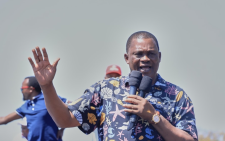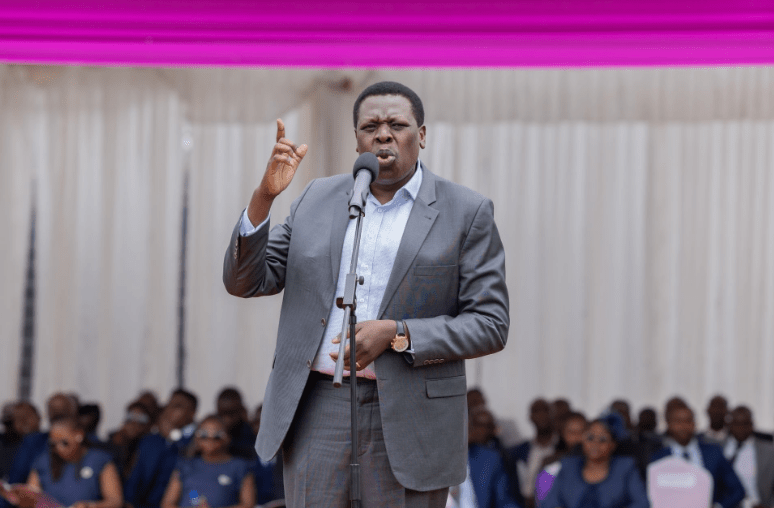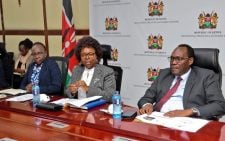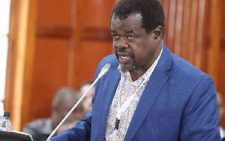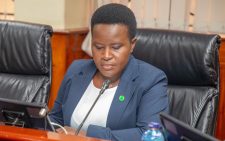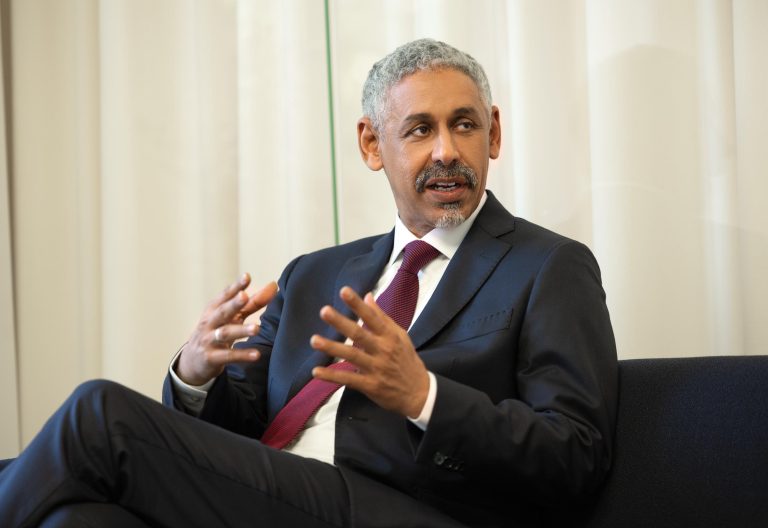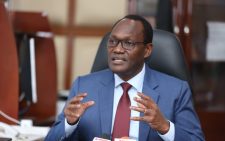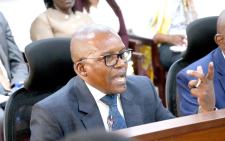Ruto bets on taskforce to break public funds cartels
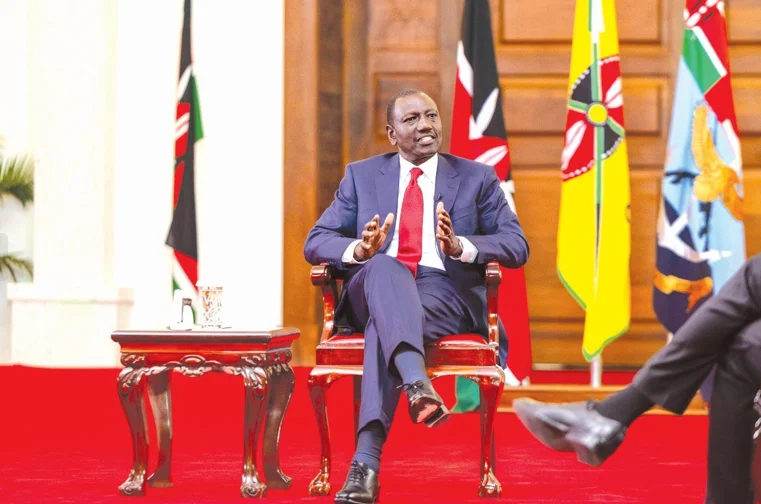
The establishment of a Presidential Taskforce on the Forensic Audit of Public Debt in Kenya by President William Ruto presents a significant opportunity for the country to address its chronic debt issues.
Through the audit, the taskforce, mandated to investigate both the sources of debt and the utilisation of revenue, will confront entrenched cartels that have long exploited public funds.
Comprising a diverse membership, including professionals from engineering, accounting, and law, the taskforce is poised to provide a thorough understanding of Kenya’s debt situation and propose improvements in debt management governance. Its findings and recommendations are expected within three months, highlighting the urgency of the task ahead.
However, the formation of this committee has sparked debate over the independence of the Office of the Auditor General (OAG) and the government’s commitment to addressing the mounting debt crisis.
Critics, including the Law Society of Kenya (LSK), have questioned the taskforce’s constitutionality. They argue that it encroaches on the powers of the OAG, an independent constitutional body tasked with auditing and reporting on the financial affairs of the national and county governments. This concern led the LSK to withdraw its president, Faith Odhiambo, from the taskforce.
“Taking cognizance of the provision of article 229 of the Constitution, and interpretation of the said provisions by the court, it is our view that the said taskforce is unconstitutional. The council of LSK has thus resolved that neither our president nor members shall participate in the said taskforce,” Florence Muturi, the society’s CEO said. A National Treasury insider, speaking anonymously to Business Hub, suggested that the President views this taskforce as an instrument to expose and dismantle the influence of powerful cartels over public funds. He noted that the taskforce is not merely conducting an audit but is engaged in a broader investigation driven by public interest.
Public interest issue
“It is not an audit, but an investigation since it is a public interest issue,” he stated. He also noted that the President does not have direct powers over the OAG, which has faced significant challenges in addressing debt-related issues due to interference from these cartels.
“The OAG has been investigating these issues, but cartels thwart efforts to streamline the sector,” he explained. This underscores the difficulties the OAG has encountered in its pursuit of transparency and accountability, highlighting the need for a more robust approach to tackling Kenya’s debt crisis.
While the taskforce’s diverse membership brings a wealth of skills and knowledge, the Treasury insider’s comments suggest that the President’s move is not only about auditing the debt but also about seizing an opportunity to expose and eliminate the cartels’ influence within the government. This initiative may ultimately serve to restore public trust in the management of public resources and the governance of Kenya’s financial affairs.
Other members of the debt committee’ include Nancy Onyango (Chairperson), Luis Franceschi (Vice Chairperson), Philip Kaikai (Institute of Certified Public Accountants of Kenya – ICPAK), Shammah Kiteme (Institute of Engineers of Kenya) and Vincent Kimosop. This team is tasked with scrutinising Kenya’s growing debt and will report back within three months.
“Each member appointed to the committee holds a vital role and responsibility. The inclusion of representatives from the IEK is particularly prudent, as they possess extensive expertise stemming from their involvement in numerous housing development projects,” the Treasury insider stated
